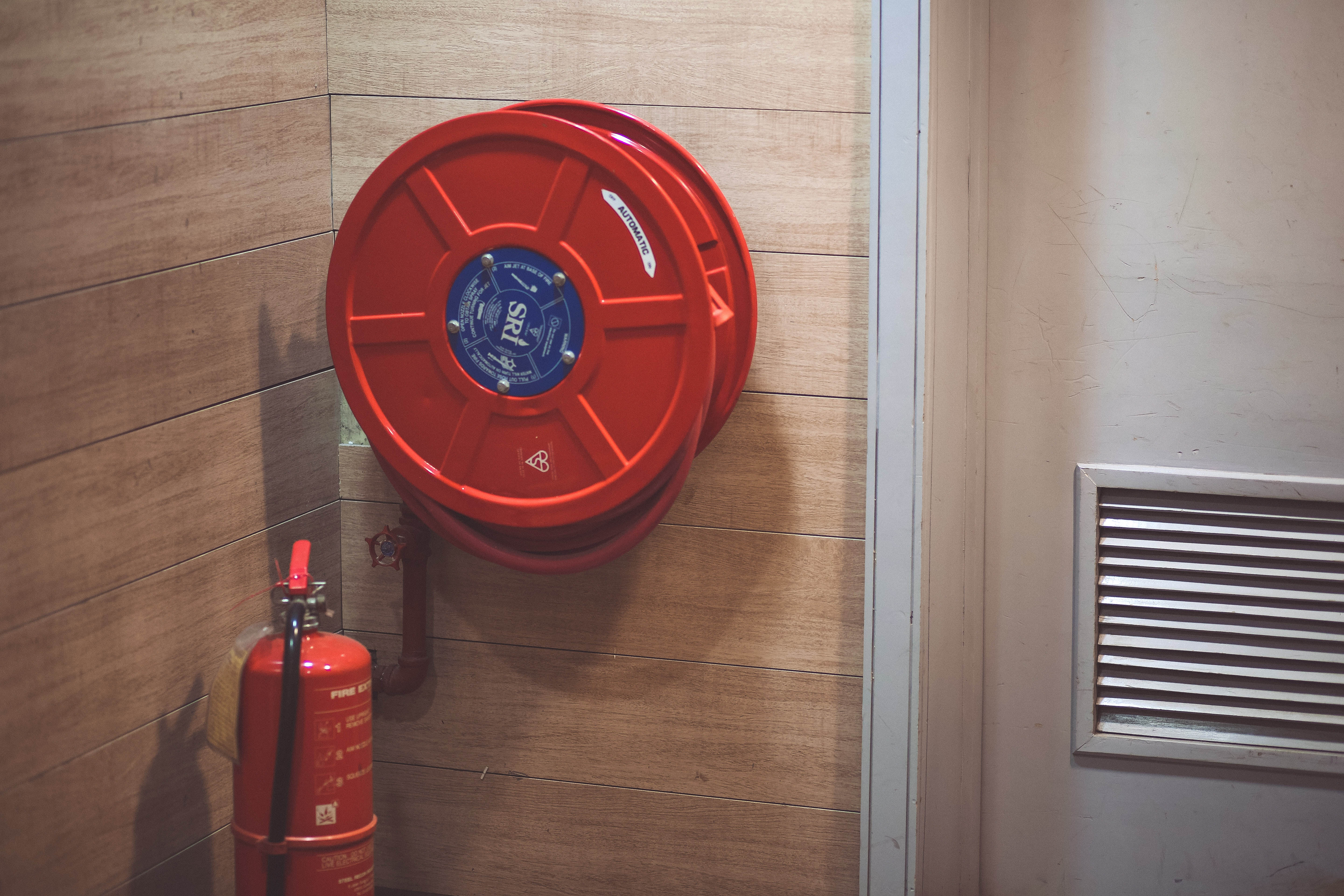Move-in day is quickly approaching for most Universities, and this means many students are preparing to haul their items back into their college dorms, apartments, or houses. In the US, approximately 14,851 on-campus burglaries and 4,100 fires occur each year. While it’s fun to think about which bedspread to choose, which room décor to buy, and what snacks to bring, one of the most important things to keep in mind is how you can keep you or your child safe within their own campus housing this school year. To do so, EyeTemp has gathered just a few helpful tips that will help to start this school year off right.
1. Secure your electronics and valuables

- Even if the door to your dorm, apartment, or house is kept locked, it is still a good idea to keep any valuable items stored out of sight or even locked up in a safe. It is likely that you share your space with other roommates, and with roommates comes visitors, some of which you may know and some of which you may not know. Take that extra step to prevent any items from being stolen.
- For Apple users, download Find My IPhone and Find My Mac in the case of a stolen phone or computer.
- Purchase a security cable lock for your computer that will keep it secured to your desk and prevent theft. You can find these on Amazon or stores such as Office Depot for around $30.
2. Always keep doors and windows locked

- In residence halls, students often prop doors open or keep them unlocked to avoid the hassle of potentially getting locked out. However, this greatly increases the risk of burglary and is something that should be avoided.
- If losing your key is an issue, use Tile on your keychain. This is a bluetooth tracker that makes it easy to find your missing items.
- If your window is located close to ground level, it is smart to keep it closed and locked while you are sleeping or leaving your residence hall.
- If a key is lost, notify your school’s residence life or your landlord to replace the locks as soon as possible
3. Prevent a fire

College housing typically means living in tight spaces, and with this comes many fire hazards. To avoid the risk of fire:
- Don’t overload outlets – this is considered a fire hazard. The NFPA recommends only plugging in one heat-producing device into an outlet at a time.
- Pay attention to your school’s residence hall policies to see what items you can and cannot bring. For example, many colleges prohibit the use of candles or coffeepots in rooms as they are considered fire hazards. Instead, you can opt for safer devices such as flameless candles or a Kuerig.
- College routines often include early mornings and late nights. When you’re in a rush or just have a lot on your plate, it can be easy to accidently leave your heated appliances on. For this, you can use EyeTemp on anything from a hair straightener, space heater, oven, or iron to alert you if you let something on or of dangerous temperatures
- Never remove the batteries of a fire alarm, even if the blinking light can be annoying in the middle of the night. These alarms are placed for a reason!
4. Don't overshare your whereabouts

- Once your routine is established, it can be helpful to share your schedule with a family member, friend, or roommate in case of emergency. However, don’t make your schedule too well known as this can make it known when your residence is unattended and increases the chance of burglary.
- Similarly, avoid publicly posting on social media if you are in your residence alone or are leaving it unattended. This is especially the case if you live in an apartment or house.
- Familiarize yourself with your campus security. This includes their contact info, blue light stations, and escort services. All of these services can get you to and from your residence safely!
With college housing comes independence, and with this independence comes the responsibility to stay safe. What steps will you take to keep you and your belongings safer this school year?

